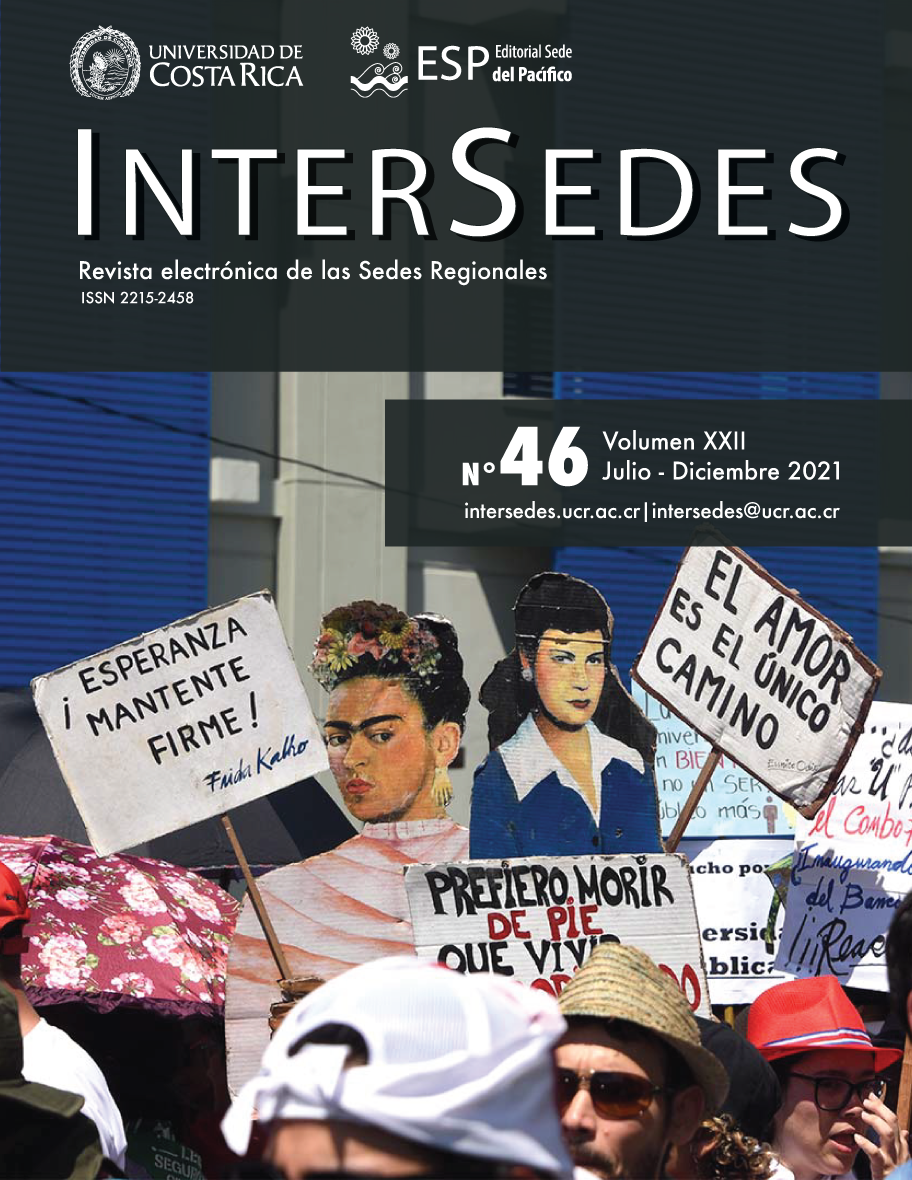Abstract
The digital economy of 21st century society has confronted humanity with a civilization in which communication and the transmission of information is mediated through the utilization of technological devices. Consequently, subjects who make use of the world wide web, in mobile devices and on their computers, leave their digital footprint and with it a data trail with the information shared, the searches done, the emails sent, and the downloaded applications on their gadgets, mainly. Individuals leave this passive data trail unintentionally and sometimes intentionally; nevertheless, either way the information is acquired, it enables companies, advertisers, and even employers to create a profile of each online user that can subsequently morph into more specific data to be employed for specific purposes. This practice is confronted differently by different cultures; for high context cultures (Edward T. Hall) and high uncertainty avoidance ones (Geert Hofstede), like the Latin-American society, the use of technology to communicate and participate of the global economy may present more challenges. As a result, they may face less opportunities for development and may also lack the tools to communicate more accurately.


